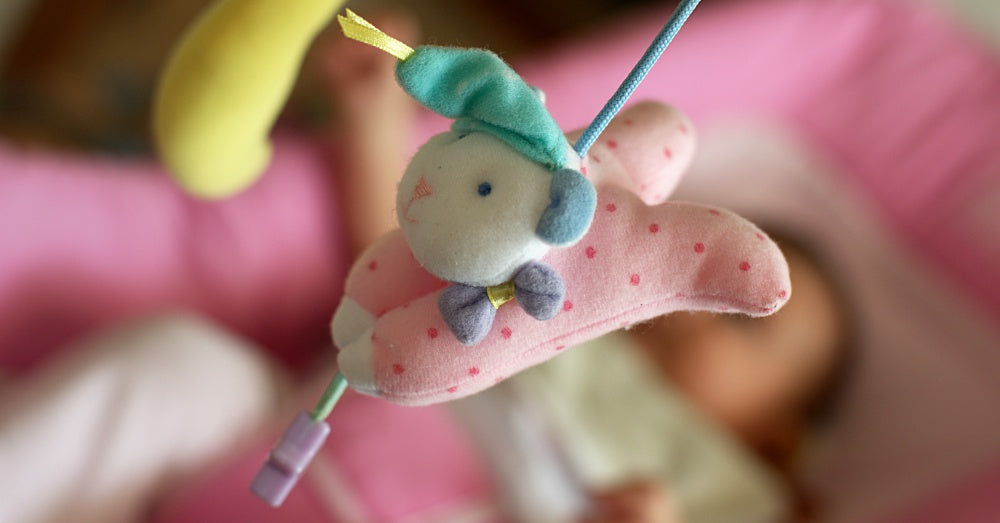Here's How a Game of Peek-a-Boo Could Predict Your Infant's Autism Diagnosis
Elizabeth Morey
While most parents of children with autism wouldn't change them for the world, many still agree that having learned about their children's autism diagnoses earlier and having gotten help sooner would have made a positive difference in their children's lives and educations.
Right now, the only way to diagnose autism is through the observation of a person's behavior and are therefore very subjective. Most children are not diagnosed until they are toddlers, but many are still holding out hope that there may be a better and more definitive way to get answers about autism sooner rather than later.
With that in mind, researchers have spent years trying to find out how they could get clearer diagnoses earlier in children's lives so that intervention and therapy can begin sooner. And a recent study has shown that something as simple as a game of peek-a-boo might help answer that question.
In the study, scientists used neuroimaging technology to measure brainwaves in infants less than six months old. Then they presented each child with different types of stimuli, including social stimuli (e.g. someone yawning, laughing, or playing peek-a-boo with them) and non-social stimuli (e.g. a photograph of a car).
Those infants who showed less brain activity during social stimuli than they did when exposed to non-social stimuli were significantly more likely to be diagnosed with autism spectrum disorder when they got older than those whose brains were more active in response to social stimuli.
Study leader Dr. Sarah Lloyd-Fox, from Birkbeck, University of London, says these early differences between young children may not be early signs of autism, but rather factors that impact the child's social evolution during a critical time of life, which could contribute to the development of autism:
"Given the importance of responding to others in our social world, it is possible that different attentional biases in babies may impact on the development of social brain responses, which can continue to affect the child's developmental trajectory as they get older."
Dr. Lloyd-Fox continues, "Identifying early patterns of altered development which may later associate with ASD is important, because it will allow doctors to offer earlier interventions and provide families with earlier avenues for support," says "This might mean giving the child and parents new strategies to reengage their attention towards important social cues and learn different ways of interacting."
While this body of work may be a far cry from a test that definitively diagnoses autism, it's still a huge leap in the right direction. If parents could be made aware within the first six months of their children's lives that they should be on the lookout for symptoms and should potentially seek interventions, so much more could be done for children with autism!
[fbshare]





